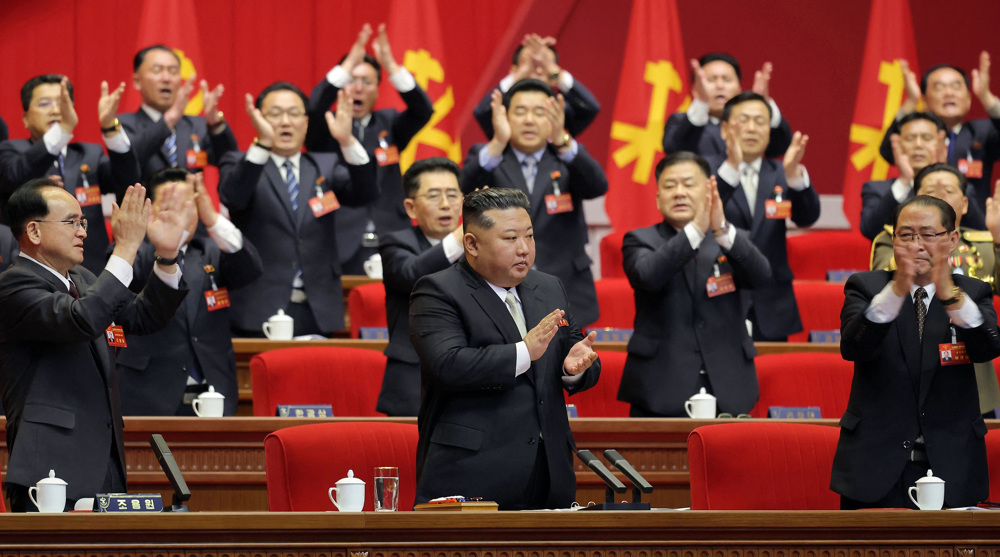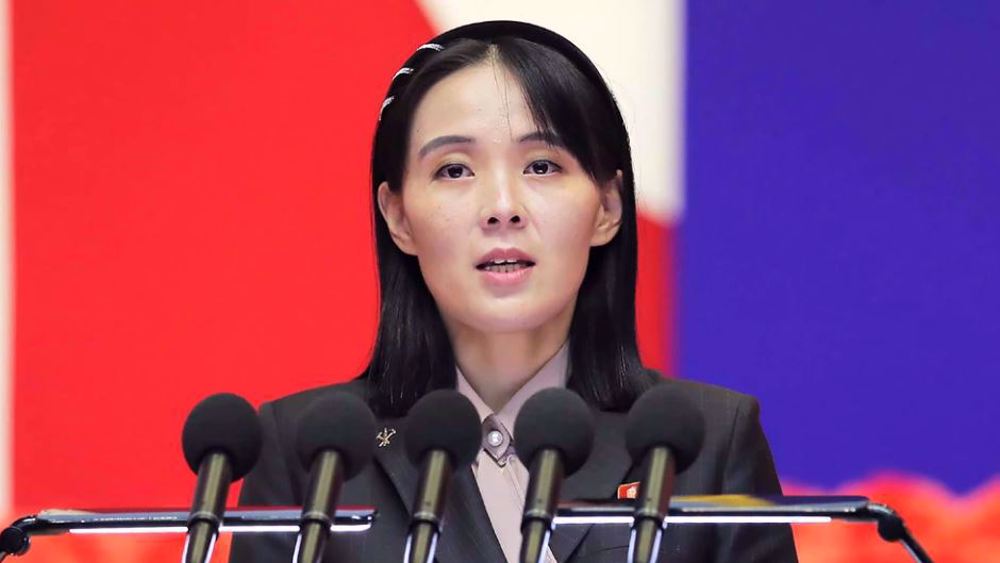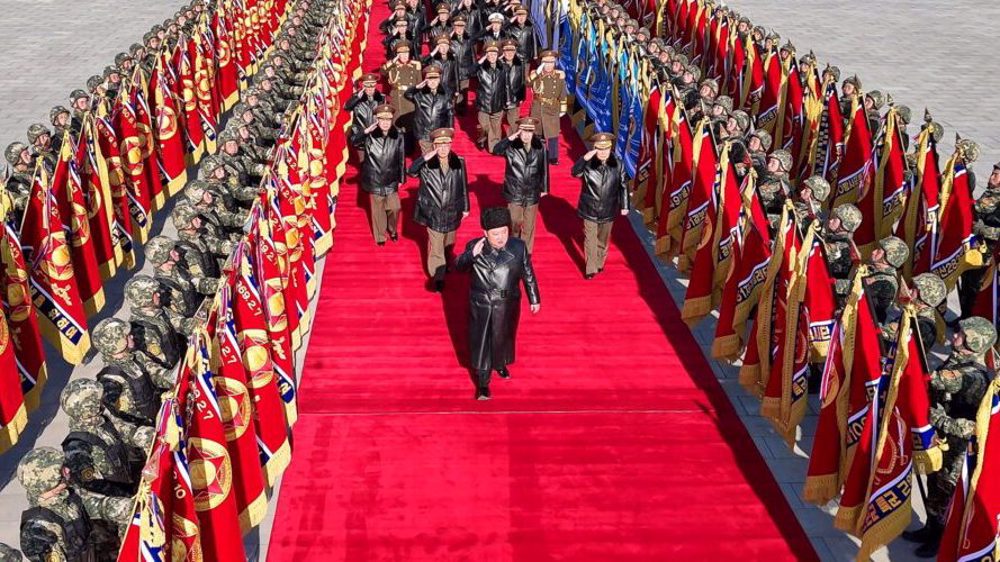China, Japan, S Korea FMs meet in Seoul over disputes
The foreign ministers of South Korea, China and Japan have gathered in Seoul for their first meeting in almost three years in an effort to cool territorial and historical tensions.
South Korean Foreign Minister Yun Byung-se and his Chinese and Japanese counterparts, Wang Yi and Fumio Kishida, held bilateral talks in the South Korean capital, Seoul, on Saturday morning.
The talks will be followed by trilateral discussions in the afternoon, which are expected to conclude with a joint statement.
Experts say the gathering is not expected to produce any major results, but could touch upon a number of issues beyond those that have long troubled regional ties.
This is while UN Secretary General Ban Ki-moon has urged the three countries to promote dialogue, while the United States will be closely following the meetings.
The trilateral foreign ministerial meeting is the first since April 2012.
Japan, China, South Korea disputes
The three countries have strong economic ties, but China and South Korea have developed historical and territorial differences with Japan in recent years.
China and South Korea feel Japan has failed to express sufficient remorse for its wartime past, including its colonization of the Korean Peninsula and occupation of parts of China before and during World War II.
A visit by Japanese Prime Minister Shinzo Abe to a Tokyo shrine that honors Japan’s war dead in December 2013 had triggered the suspension of the annual trilateral meeting of foreign ministers.

Tensions further increased in 2012 after a surprise visit by then South Korean President Lee Myung-bak to a group of disputed islands called Takeshima in Japan and Dokdo in South Korea, which are located in the Sea of Japan (known as East Sea in South Korea).
They are controlled by South Korea and are said to have large deposits of natural gas and oil.

Japan is also at odds with China over the sovereignty of a separate chain of islands in the East China Sea, known as Senkaku islands in Japan and as Diaoyus in China, which Tokyo nationalized in 2012.
The islands have been under Japanese administrative control since the reversion of Okinawa to Japan from US administrative rule in 1972.
Meanwhile, Washington has developed strong relationships with Japan and South Korea – its two main military allies in Asia – and would prefer they focus on improving ties against an increasingly powerful China.
GMA/MKA
Iran strongly alarms UN about dire consequences for perpetrators following Leader's martyrdom
Hezbollah strikes occupied Haifa in retaliation for Leader's assassination
Ansarullah mourns Leader's martyrdom as 'great loss' caused by 'most wretched terrorists'
Hezbollah offers condolences to Iranian nation over Leader’s martyrdom
US-Israeli strike targets IRIB facility; broadcasts continue
IRGC: Latest waves of Op. True Promise 4 led to tanker strikes, base shutdowns, heavy casualties
CENTCOM confirms US troops killed in Iran’s retaliatory strikes
China ‘strongly condemns’ US-Israeli assassination of Iran’s Leader










 This makes it easy to access the Press TV website
This makes it easy to access the Press TV website